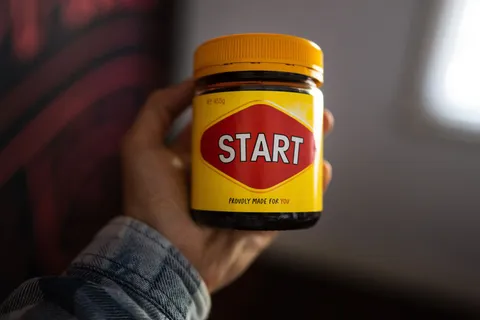
CATEGORY
OData Reference
OData or Open Data Protocol is a convention that describes a set of rules in building an URL. You can have things like operators, queries, and more. I will simplify its concepts since the specification is quite dense. Microsoft’s Power Platform takes full advantage of it, so we will too. I'll show you cases, especially in Power Automate, where you filter the data before it’s transmitted. If you don't understand it, the syntax can be tricky, so I want to provide some help by defining my own OData reference. For example, you can specify that you wish to only items that start with a particular set of characters or an older date than today. There is a lot to explore.




